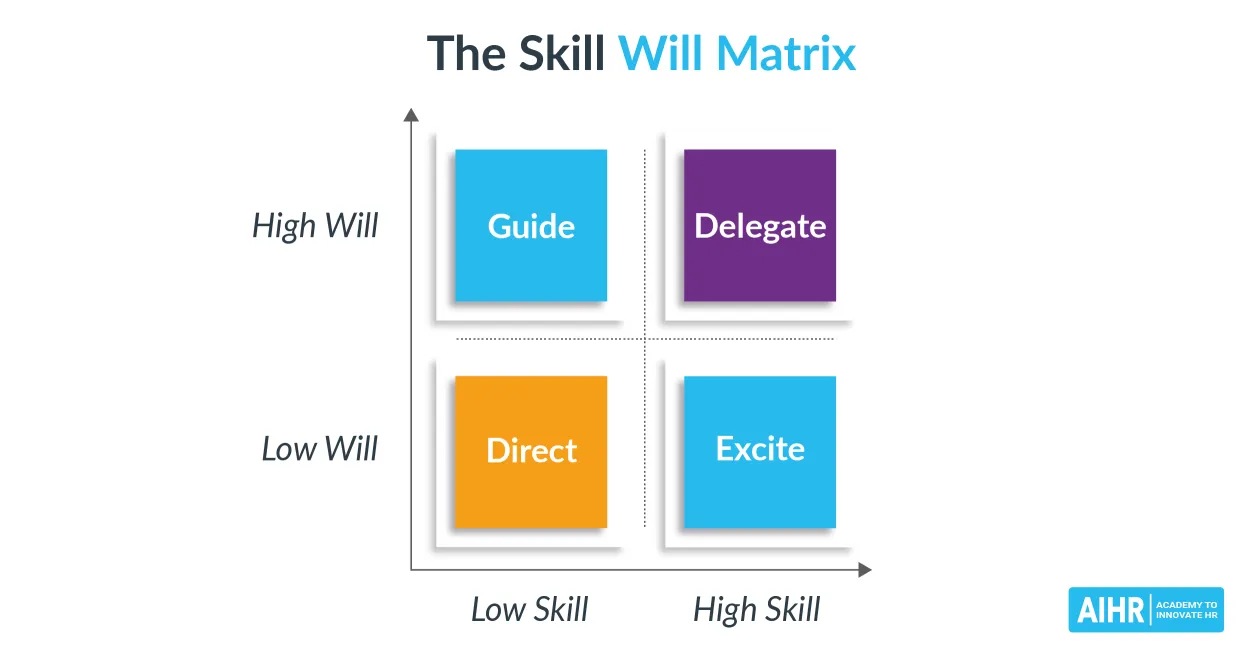In today’s fast-paced and ever-changing work environment, the ability to adapt to change is becoming increasingly crucial for employees. This article explores why adapting to change is a key skill for employees to thrive in their careers and offers valuable insights on how to develop and enhance this essential skill.
Embracing a Growth Mindset
Adapting to change is a vital skill for employees in today’s fast-paced and ever-evolving work environment. One key mindset that can help individuals thrive in the face of change is a growth mindset.
A growth mindset is the belief that individuals can develop their abilities and intelligence through hard work, perseverance, and continuous learning. It is the opposite of a fixed mindset, which assumes that abilities and intelligence are fixed traits that cannot be changed.
When employees embrace a growth mindset, they view challenges and setbacks as opportunities for growth. They are not afraid to step out of their comfort zones, take on new responsibilities, and acquire new skills. Rather than feeling defeated by change, they approach it with enthusiasm and a desire to learn and improve.
In a rapidly changing workplace, employees with a growth mindset are more likely to adapt quickly and effectively to new situations. They are open to feedback, willing to experiment and take risks, and resilient in the face of obstacles. They recognize that failure is not a sign of incompetence, but rather a stepping stone to success.
Organizations can foster a growth mindset culture by providing employees with opportunities for professional development, encouraging continuous learning, and recognizing and rewarding efforts towards growth. Leaders can also play a crucial role by modeling a growth mindset and creating an environment that supports innovation and learning.
In conclusion, embracing a growth mindset is crucial for employees who want to thrive in a changing workplace. By adopting this mindset, individuals can develop resilience, embrace challenges, and continuously improve their skills and abilities. With a growth mindset, employees are better equipped to navigate and adapt to the inevitable changes that come their way.
Developing Flexibility and Resilience
In today’s constantly evolving work environment, the ability to adapt to change is crucial for employees to thrive. Developing flexibility and resilience is a key skill that can make a significant difference in an employee’s career.
Flexibility allows employees to quickly adjust to new situations and embrace different ways of doing things. It involves having an open mindset, being willing to learn, and being adaptable in challenging and uncertain circumstances.
Resilience, on the other hand, is the ability to bounce back from setbacks and stay positive during difficult times. Employees with resilience are better equipped to handle stress, overcome obstacles, and maintain productivity and focus.
By developing flexibility, employees can approach change with a positive attitude and see it as an opportunity for growth and learning. They can embrace new technologies, processes, and approaches, and contribute to innovation within their organizations.
Similarly, developing resilience allows employees to stay motivated and perform well even in the face of adversity. It enables them to effectively manage change, cope with pressure, and maintain a healthy work-life balance.
Organizations can support their employees in developing flexibility and resilience by providing training programs, resources, and mentorship opportunities. Encouraging a culture of continuous learning and fostering a supportive work environment also plays a significant role in enhancing these skills.
In conclusion, the ability to adapt to change is essential in today’s fast-paced work environment. Developing flexibility and resilience empowers employees to navigate challenges, seize opportunities, and thrive both professionally and personally.
Seeking Growth Opportunities in Change
Change is inevitable in any organization, and employees must possess the ability to adapt in order to thrive in a constantly evolving work environment. Adapting to change has become a key skill for employees, and those who embrace it can uncover numerous growth opportunities.
1. Embracing New Responsibilities
Change often brings new roles and responsibilities. Employees who are open to taking on new challenges and expanding their skillsets will not only demonstrate their ability to adapt, but also position themselves for career advancement.
2. Learning from Others
Change often involves collaboration and interaction with colleagues from different departments or backgrounds. This presents an opportunity to learn from others’ experiences and perspectives, broadening one’s knowledge and creating valuable professional networks.
3. Developing Resilience
Adapting to change can be stressful and require individuals to navigate uncertain situations. However, by embracing change, employees can develop resilience and become better equipped to handle future challenges, ultimately strengthening their ability to succeed.
4. Innovating and Problem-Solving
Change often stimulates innovation and the need for creative problem-solving. Employees who can think outside the box and generate fresh ideas during periods of change can contribute significantly to the organization’s success and distinguish themselves as valuable assets.
5. Embracing Continuous Learning
Change often necessitates acquiring new knowledge and skills. Employees who actively seek learning opportunities and invest in their personal and professional development will not only adapt more effectively, but also enhance their long-term employability.
In conclusion, adapting to change is an essential skill that can lead to numerous growth opportunities for employees. By embracing change, individuals can open doors to new responsibilities, expand their knowledge and networks, develop resilience, foster innovation, and continue their personal and professional growth.
Conclusion
Adapting to change is an essential skill for employees in today’s dynamic workplace. Being able to embrace new technologies, ideas, and ways of working allows individuals to stay relevant and thrive in their careers. By being flexible, open-minded, and proactive, employees can navigate uncertainties and seize opportunities that come with change.




